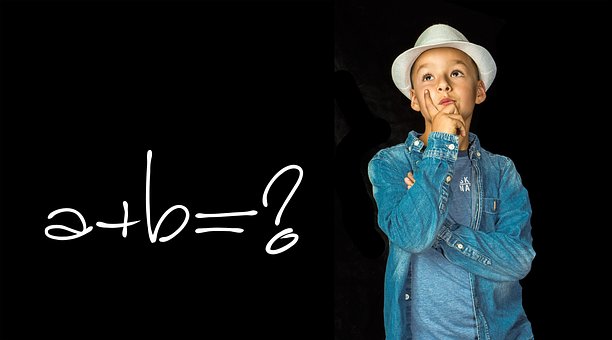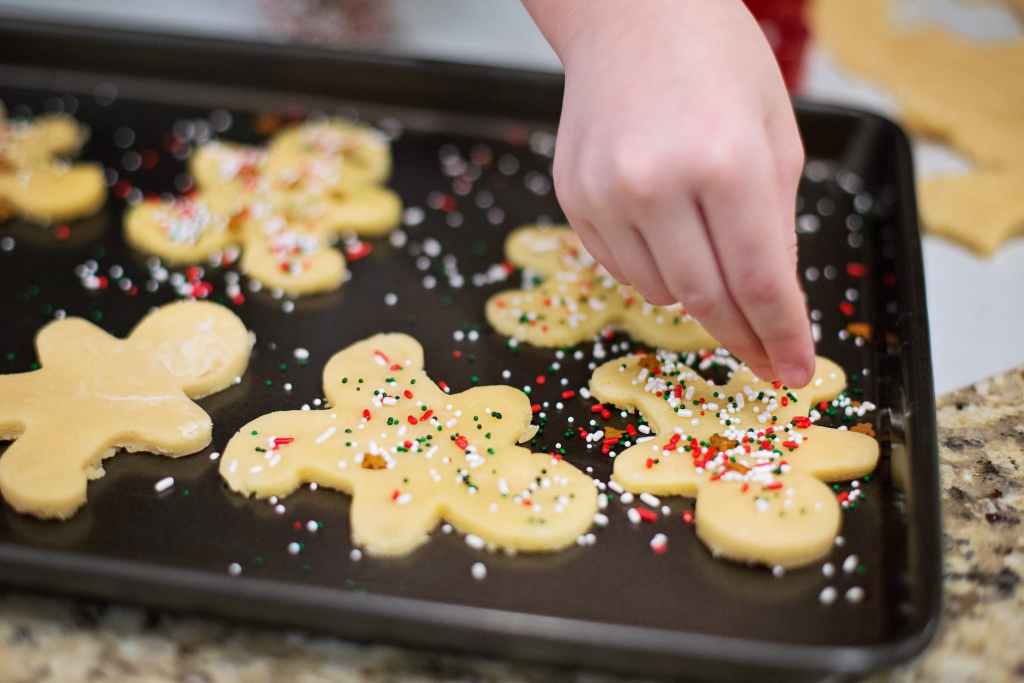
Mathematical concepts can be difficult at times. You may be at the point where you are wondering how you can teach the concept one-more-time. Hands-on activities are helpful for helping children make the transition from concrete to abstract thinking. Here are some ideas that you can use.
Graphing– Have your daughter or son write down a list of ideas (s)he can poll others about their likes or dislikes. Afterward, have your student graph the results. For instance, ask a question such as, “Would you rather have chocolate, vanilla, or strawberry ice cream?” You can even create an online survey to send to out of town friends and family. An added bonus is your student is using other skills that are incorporated into this activity- language arts- writing questions, sharing the results; technology, and art- creating and coloring the graph. Two easy to use FREE survey generators are:
- Survey Monkey
- Google Forms
Not everyone wants their child to use the computer for math drills so I am going to list some games you can play with things around your home. I will have online games for you in the near future.
Get to 101
- You will need one dice
- a pencil for each player
- a piece of paper for each player
The goal is to roll the dice and add the numbers. The first person to get to 101 wins. Each person takes a turn rolling the die, strategizing to count the number at face value or multiply it by 10. For example, if you roll a six, you can keep that number or turn it into 60. Keep a tally of each round until one person reaches 101. This can be adapted by setting the number lower should you have a young student.
One Meter Dash (Metrics) You and your pupil look around the house for four items you think add up to one meter long. Measure and record how close your estimations were. The person closest to a meter wins.
Jumping Beans Do you have a wiggly child who needs to move? Try this game. Using flashcards, show your child the card and you give an answer. If it is correct, they have to sit down. If you give them an incorrect answer, they remain standing. For example, 3 + 3 and you say 9. Since that is correct, they will have to sit down. If you show the flashcard 5 + 5 and say the answer is 11, then they will need to stand.
Tic -Tac- Toe Create several game boards to play this version of Tic-Tac-Toe. Instead of a blank 3X3 grid, write in math problems. If your student can correctly answer the problem that is in the grid they get to mark that space. The first person to get 3 in a row wins. If no one wins that game, we say our cat (Oreo) wins. Tally the number of wins for each person or animal. 🙂 Who won?
Math Bingo I thought I came up with a fairly original idea, but not so! This website is amazing since it is a print and go for different math skills. CLICK HERE
If you have a favorite math game that you play with your family, please share!
Have a great week of teaching and learning! ~Lisa~
Some of the math game ideas are from http://www.prodigy.com.



 When I meet with parents for homeschool assessments I recommend their child read some each day throughout the summer and if they are younger, math facts are reviewed too. As much as I hated math packets myself as a youngster, I can look back and see the value for having to review.
When I meet with parents for homeschool assessments I recommend their child read some each day throughout the summer and if they are younger, math facts are reviewed too. As much as I hated math packets myself as a youngster, I can look back and see the value for having to review.
